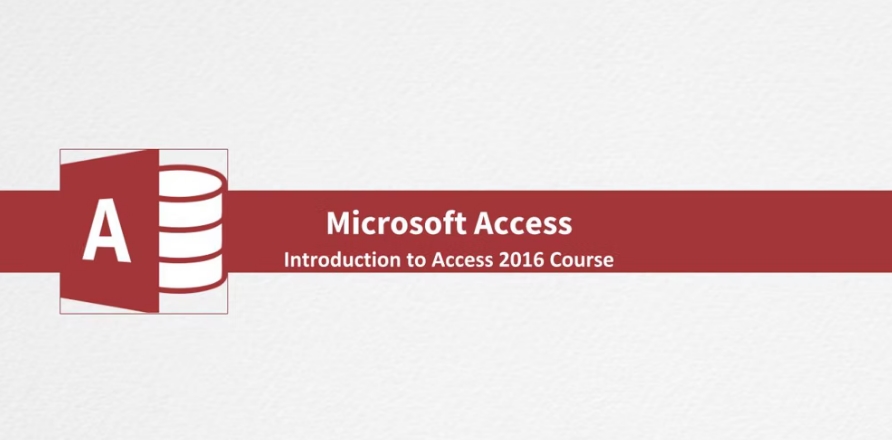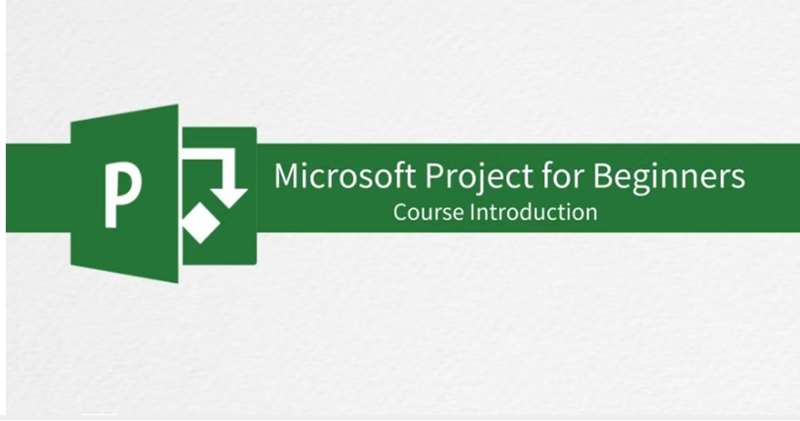Overview
Work smarter, not harder. Microsoft Project is a feature rich tool that will help a project manager plan, track, and control a project and facilitate communication.
This is the easiest, most convenient and surefire method that every project manager needs to quickly master Microsoft Project 2016. When you become a power user of the world?s most popular project management software, you can count yourself among expert project managers worldwide, empowering you to manage your company?s projects like a pro.
Pre-requisites
- PC or Mac with a full version of Microsoft Project 2016.
- Not a requirement but a benefit to have some work-related projects to which you can readily apply what you learn.
Relevant audiences
- Beginners to experienced users looking to brush up on Project
Learning Outcomes
- Clear introduction to the Workspace, The Ribbon, Help basic and Project Options.
- Explore project costs, leveling and how to resolve resource over-allocations.
- Learn how to work with costs, deadlines and overcome scheduling issues.
Syllabus
Section 1: Orientation
- Unit 1.1 - Introduction
- Unit 1.2 - The Project Interface
Section 2: Task Initiation
- Unit 2.1 - Task Basics
- Unit 2.2 - Subtasks
- Unit 2.3 - Dependencies, Deadlines and Milestones
Section 3: Task Planning
- Unit 3.1 - Resources
- Unit 3.2 - Views and Timelines
- Unit 3.3 - Costs
- Unit 3.4 - Baselines and Critical Paths
- Unit 3.5 - Tables and Gantt Charts
Section 4: Reviewing, Tracking & Reporting
- Unit 4.1 - Notes, Printing and Spellchecking
- Unit 4.2 - Tracking Progress
- Unit 4.3 - Reporting
- Unit 4.4 - Tracking Costs and the Organiser
Section 5: Project Files
- Unit 5.1 - Saving Projects, Security and Templates
Section 6: Calendars & Scheduling Issues
- Unit 6.1 - Calendars
- Unit 6.2 - Scheduling Issues
Section 7: Closure
- Unit 7.1 - Conclusion





